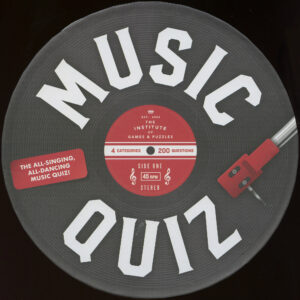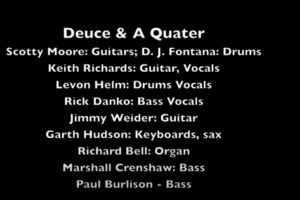Forbes reports that Toby Keith earned $65 million in 2013, $10 more than Taylor Swift–who really isn’t a country singer–and $12 million more than Kenny Chesney.
Not bad for a good old boy following, to a great extent, the traditions of country music. Here is the beginning of Keith’s profile at Wikipedia:
Toby Keith Covel (born July 8, 1961), best known as Toby Keith, is an American country music singer-songwriter, record producer, and actor. Keith released his first four studio albums—1993’s Toby Keith, 1994’s Boomtown, 1996’s Blue Moon and 1997’s Dream Walkin’, plus a Greatest Hits package for various divisions of Mercury Records before leaving Mercury in 1998. These albums all earned gold or higher certification, and produced several chart singles, including his debut “Should’ve Been a Cowboy”, which topped the country charts and was the most played country song of the 1990s. The song has received three million spins since its release, according to Broadcast Music Incorporated.[2]
Signed to DreamWorks Records Nashville in 1998, Keith released his breakthrough single “How Do You Like Me Now?!” that year. This song, the title track to his 1999 album of the same name, was the Number One country song of 2000, and one of several chart-toppers during his tenure on DreamWorks Nashville. His next three albums, Pull My Chain, Unleashed, and Shock’n Y’all, produced three more Number Ones each, and all of the albums were certified multi-platinum. A second Greatest Hits package followed in 2004, and after that, he released Honkytonk University. (Continue Reading…)
Huffington Post ran a positive review of Keith’s most recent album:
What amazes is how consistently Keith hits high marks on “Drinks After Work,” despite releasing an album of new material annually since 2005. The reliability comes from Keith’s knack for creating new material that fits his big-shouldered, swaggering persona, with help from a well-established crew of co-writers (Scotty Emerick, Bobbie Pinson and Rivers Rutherford).
Above is “I Love this Bar” and, with Willie Nelson, “Beer for My Horses.”










